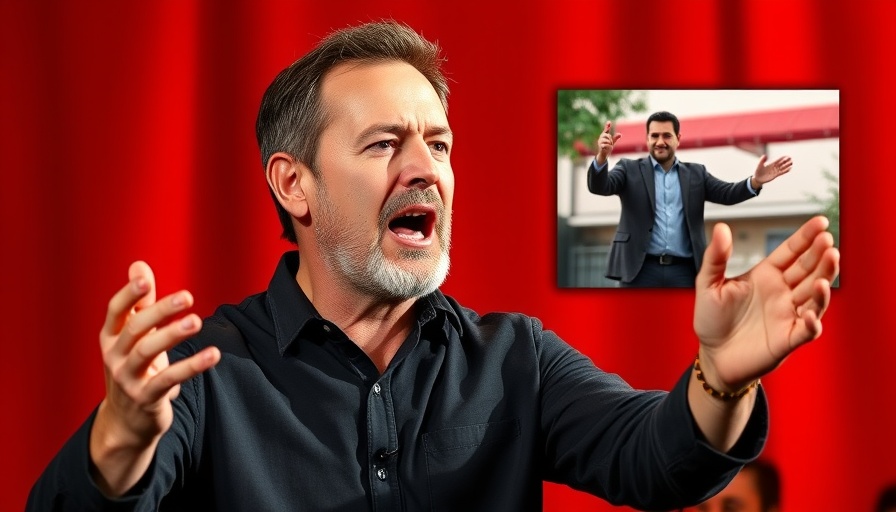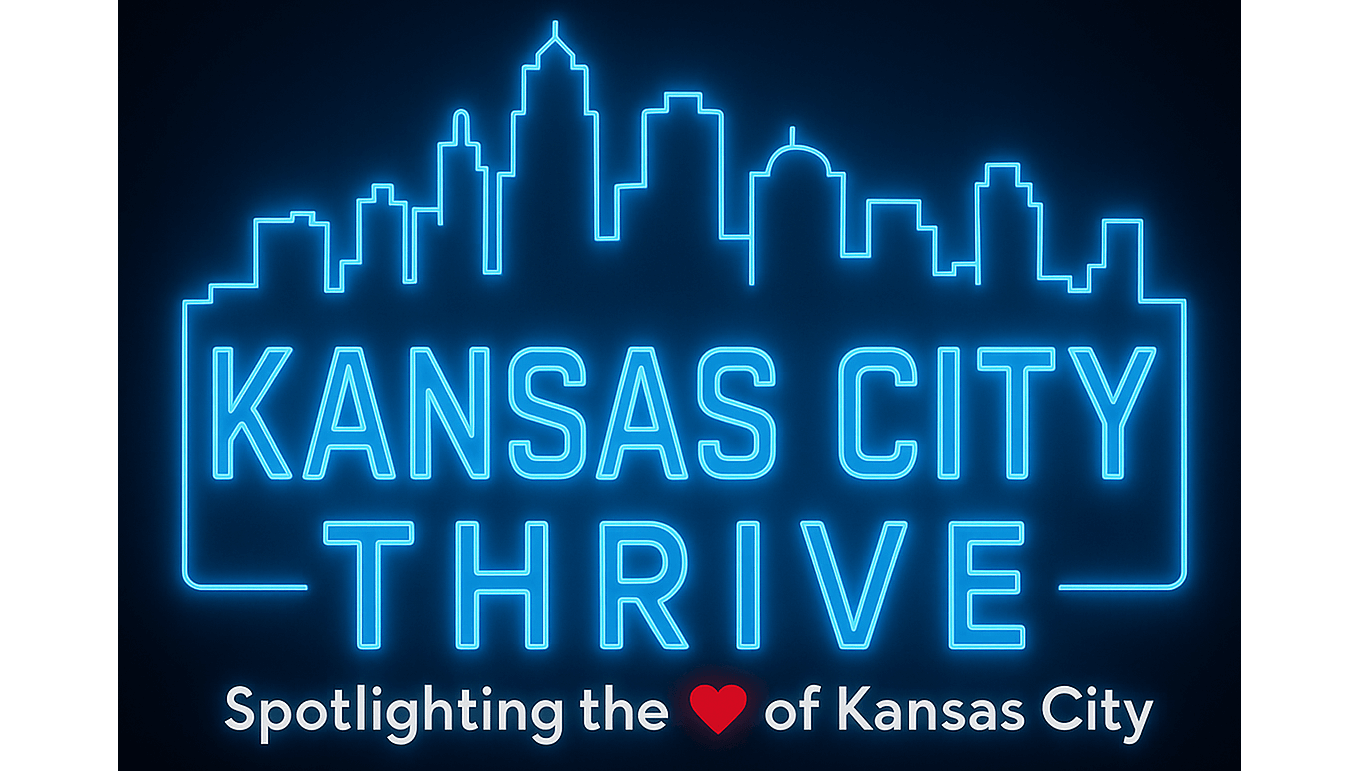
Turning Populist Critiques into Political Capital
Tucker Carlson, previously a controversial right-wing figure known for his sharp criticisms of various groups, has recently stirred the political waters by receiving unexpected praise from progressive circles. During his speech at the Turning Point USA Summit, Carlson made candid observations about the Republican Party's focus, or lack thereof, on significant issues affecting everyday Americans. His remarks illuminate a growing conversation about economic populism that transcends traditional party lines, showcasing a unique moment in American political discourse.
A Call for Substantive Change
At the summit, Carlson emphasized the importance of prioritizing economic results over culture-war victories, passionately critiquing GOP leaders for failing to deliver on their promises. He pointed out that the real economic indicators should focus on whether young Americans can afford homes with full-time jobs, rather than solely relying on metrics like gross domestic product (GDP) as a measure of economic health. This message resonated with many, including progressive commentator David Sirota, who noted that Carlson's critique aligns with broader economic frustrations prevalent in American society today.
Unexpected Allies: A New Political Reality?
What makes Carlson's stance especially notable is the rare bipartisan approval that followed his criticisms. Progressives, frustrated with the Democratic Party's inaction regarding pressing economic concerns, voiced their agreement with Carlson. In a tweet, Sirota highlighted how the Democratic leadership's reluctance to address economic inequities has inadvertently allowed right-leaning populists like Carlson to claim these issues as their own. This reaction highlights a significant shift in the political landscape, where individuals traditionally seen as adversaries are now recognizing shared objectives.
The Cultural Divide: Bridging the Gap
Carlson's remarks also challenge the notion that cultural issues are the primary drivers of political allegiance. He stands against certain social policies while simultaneously advocating for improved economic conditions. His balancing act is precarious—making him a polarizing figure yet one whose words resonate with those disillusioned by the current state of American cities. Referring to conditions in places like New York City and contrasting them with cities in Japan, he raises pivotal questions about urban management and societal values in America.
Engaging the Young Electorate
Anita Bartholomew, a self-described non-woke liberal journalist, shared her transformation into a 'Tucker Carlson fan,' a statement likely to ruffle feathers but underscores the shifting sentiments among certain voter demographics. As younger voters become increasingly disenfranchised with the status quo, Carlson’s critique of economic policies might just be what they need to galvanize interest in the political process. This trend could signal the necessity for both major parties to recalibrate their strategies or risk losing the younger electorate entirely.
What’s Next for American Politics?
As we move closer to future elections, Carlson's critique opens up discussions about the effectiveness of traditional party lines in addressing the actual needs of Americans. The bipartisan acknowledgment of common economic grievances could lead to new coalitions or influence the platforms of both the Republican and Democratic Parties. Will these dialogues encourage genuine, substantive responses to the glaring issues of inequality and housing that plague the nation's young adults? Only time will tell.
The evolution of Carlson's political positioning thus captures a pivotal moment in American politics—where the line between right and left can blur over shared economic concerns. In the face of empty political promises, voices like Carlson's may emerge as the rallying cry for change, demanding leadership that emphasizes tangible results over mere rhetoric.
 Add Row
Add Row  Add
Add 





Write A Comment